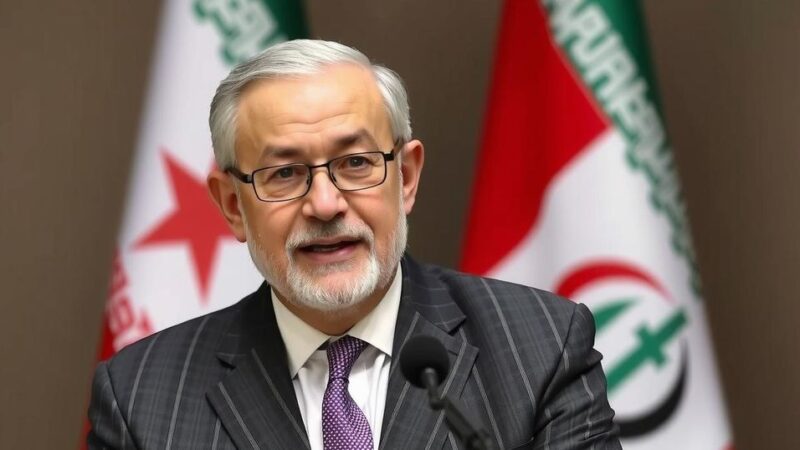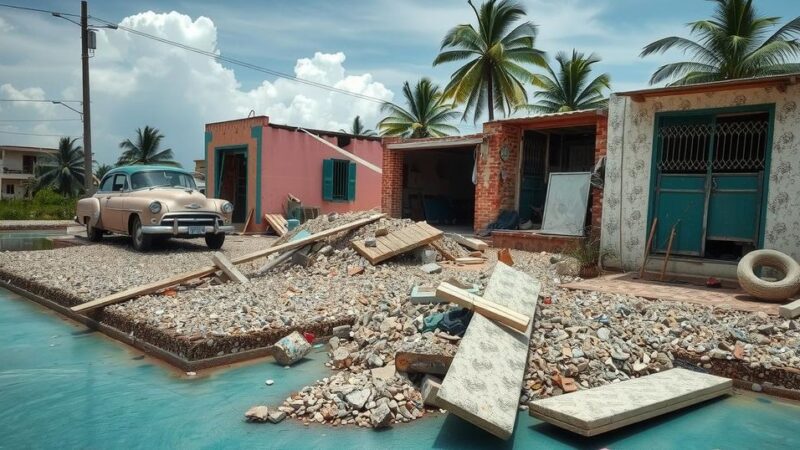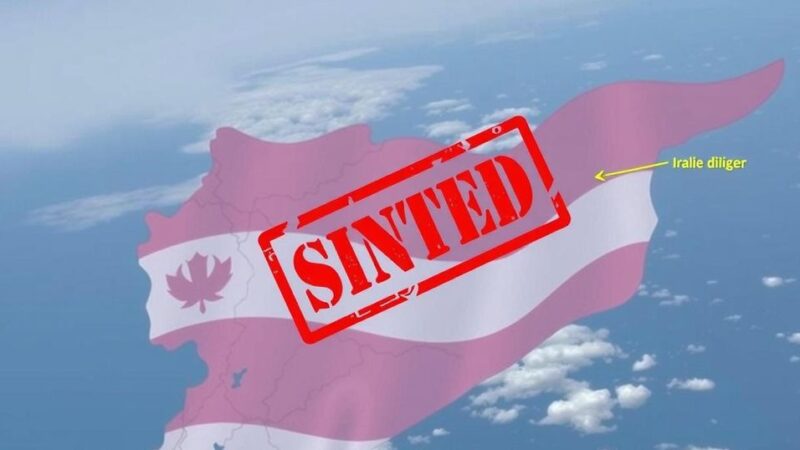Analysts are assessing the potential consequences of Russia’s military shift from Syria to Libya, noting its strategic implications for regional power dynamics and NATO. Maintaining influence in the Mediterranean is crucial for Moscow, especially as it navigates a power struggle in Libya between competing governments. The situation remains fluid, with no substantial signs of expanded military infrastructure in the region despite existing Russian presence.
Analysts are considering the implications of a potential Russian military redeployment from Syria to Libya, highlighting significant ramifications for Russia, Libya, and the broader geopolitical landscape. While the loss of Syria is not anticipated to significantly impact Russian material interests, maintaining strategic influence in the Mediterranean and Africa remains a priority for the Kremlin. Russia’s historical involvement in Syria has resulted in vital military infrastructure, including the Khmeimim airfield and an expanded naval base at Tartous, essential for its power projection.
As reports suggest partial Russian withdrawals from Syria, Libya emerges as an alternative base for maintaining influence. Observers note that while Russia currently has an established presence in Libya, heightened military activity raises concerns regarding stability in the region and implications for NATO. Since 2017, strengthening ties in Africa has been a Kremlin objective, viewing the continent as a crucial arena for power competition. The Africa Corps, previously known as the Wagner Group, solidifies Moscow’s military influence across various African nations.
Despite existing rivalries, analysts indicate that Libya presents Russia with a strategic advantage due to its geographical location, enabling power projection into Europe and the Sahel. However, current satellite observations reveal no significant military expansion in eastern Libya, casting doubt on immediate Russian plans. Libya itself is embroiled in a power struggle, with two competing governments undermining the possibility of national stability.
Russia’s reestablishment of a military hub in Libya could distort the power dynamics further, particularly favoring Khalifa Haftar, whose alignment with Moscow may lead to a more assertive stance in national negotiations, potentially marginalized by Western powers. The consequences of any military build-up could destabilize ongoing mediation efforts led by the United Nations, challenging the legitimacy of the governing bodies and impacting the prospect of future elections.
The geopolitical landscape in Libya remains contentious, wherein Russian influence threatens to exacerbate existing tensions. Western initiatives aimed at engaging Haftar, despite his proxy status for Russia, highlight the complexities of managing influence in North Africa. As regional dynamics evolve, the implications for NSA’s southern flank and European security remain paramount, necessitating close observation of Russia’s actions in Libya amidst its shifting military posture in Syria.
The discussion surrounding Russia’s potential military redeployment from Syria to Libya is set against the backdrop of the long-standing conflict in Syria. The Russian military’s involvement has significantly bolstered the regime of Bashar al-Assad since the onset of the war, leading to the establishment of crucial military bases on the Mediterranean coast. The Kremlin is now facing uncertainty regarding its future presence in Syria, especially with factors such as the rise of new governance controlled by opposing forces like Hayat Tahrir al-Sham threatening Russian interests. Meanwhile, Libya presents Russia with an opportunity to reaffirm its influence in Northern Africa, an objective that gained traction since the late 2010s. Analysts have noted the importance of maintaining a foothold in Libya to project power strategically toward Europe, particularly against the backdrop of competing influences from Western powers as well as emerging players such as China and Turkey. As the Libyan conflict continues with competing governments and unresolved political stalemates, the introduction or expansion of Russian military presence complicates an already fragile environment.
In summary, the potential redeployment of Russian military resources from Syria to Libya could have profound implications for regional stability and geopolitical dynamics. Amid a power struggle in Libya and shifting alliances, any increase in Russian military presence may bolster the position of local actors like Khalifa Haftar, while simultaneously challenging ongoing peace negotiations facilitated by the United Nations. The intersection of Russian interests, NATO’s geographical concerns, and the broader struggle for influence in Africa sets the stage for heightened scrutiny of developments in both Syria and Libya moving forward.
Original Source: www.aljazeera.com







